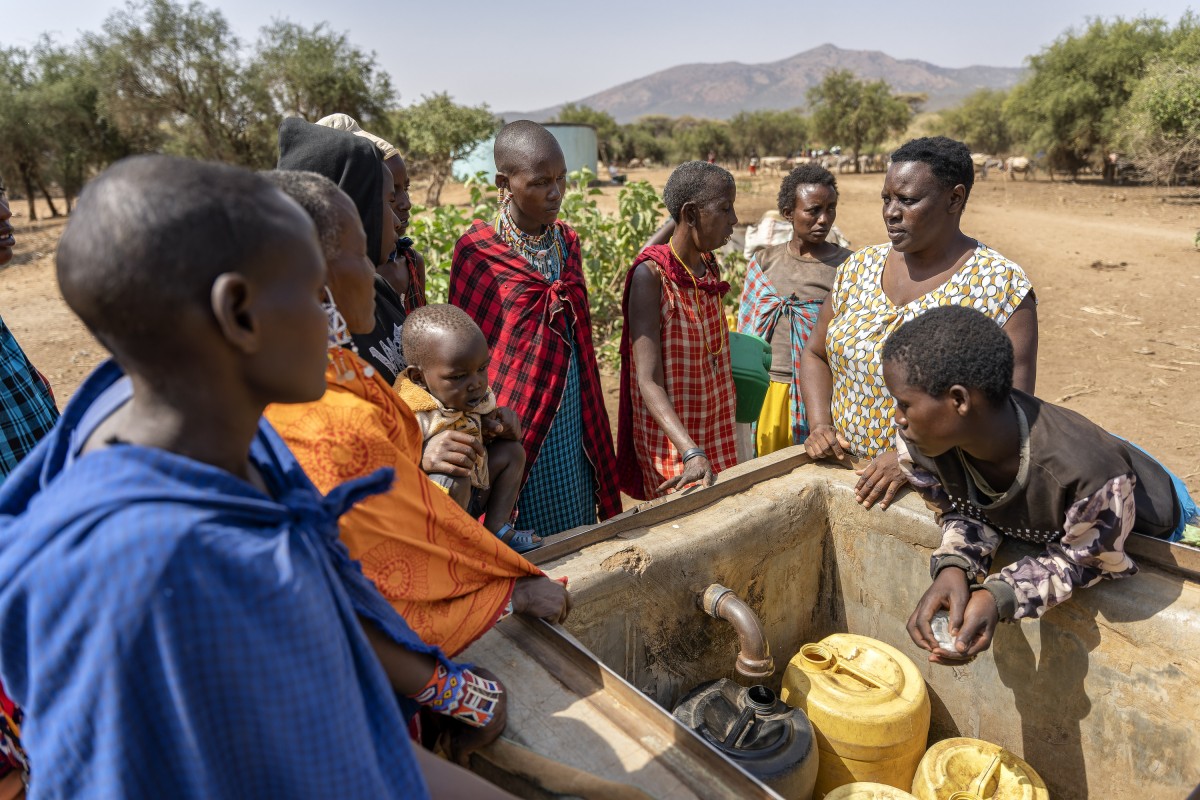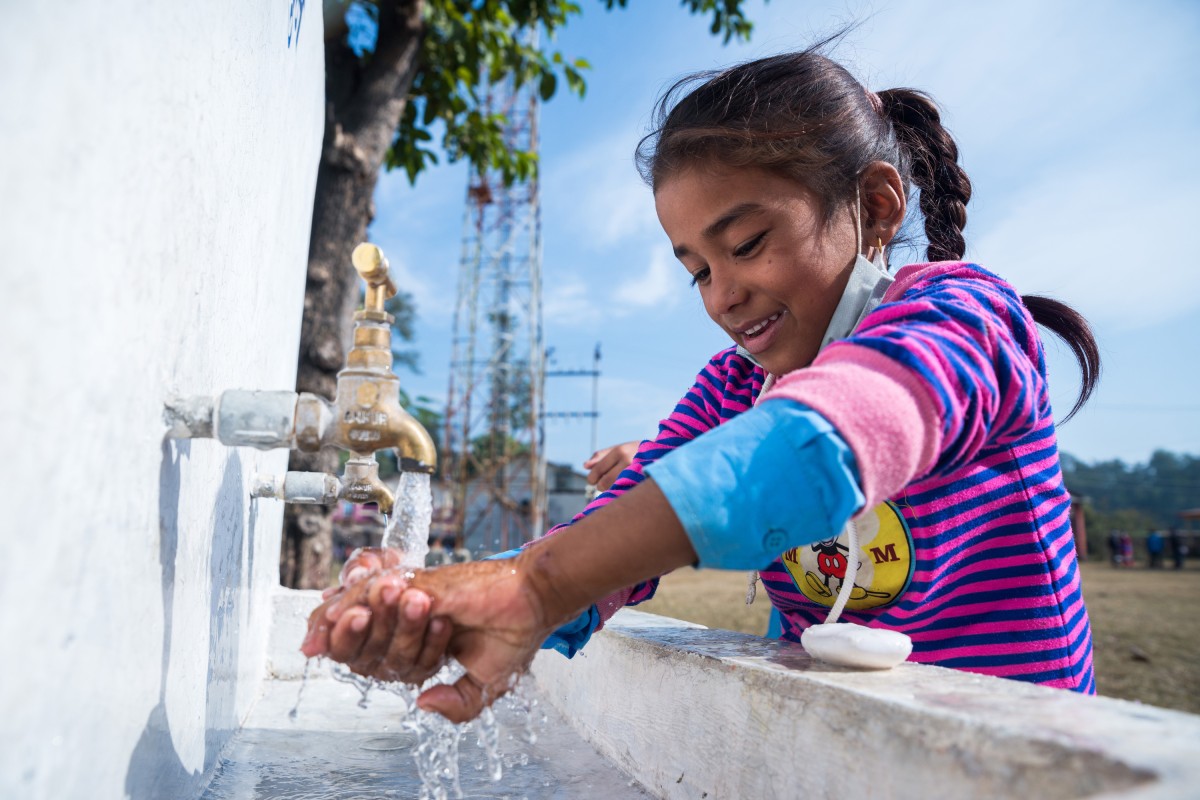World Water Week 2023: following up on UN Water Conference
As the biggest annual water conference, World Water Week provides a global platform for addressing the pressing challenges related to water resources and management. Hundreds of policymakers, researchers, practitioners, businesses, and civil society representatives gather in Stockholm or online to collaborate, share stories and formulate policies.
Following up on UN Water Conference
This year all eyes in the water sector will be even more focused on the annual World Water Week in Stockholm, since many participants will want to follow up on the UN Water Conference 2023 that was in New York this March. This conference is the ultimate opportunity to continue the conversations from New York, work on concrete water solutions and start new collaborations.
To meet that demand, World Water Week 2023 will be even more interactive, including a new venue in Stockholm and free online participation. There will also be specific events to follow up on the UN 2023 Water Conference and the Water Action Agenda.
Simavi at World Water Week
This year Simavi will present three hybrid sessions focusing on the real-life stories from our programmes WASH SDG and Water Justice Fund. And we won’t be coming alone. With colleagues and partners from Nepal, Bangladesh and Kenya, we will take the stage and proudly share our work and experiences.
Will you join us in Stockholm or online? This year online sessions will be free of charge, so make sure to register in advance so you are ready to get inspired.

The Water Justice Fund: Women at the forefront
5:00 PM – 5:40 PM CEST Sunday, August 20 | Location Talk shows 27
Are you committed to a water-just future for women and girls? Do you want to be a part of a collaborative effort to protect vulnerable communities from the negative effects of climate change? Come join and learn more about The Water Justice Fund! The Water Justice Fund, powered by Simavi and Women Win, is a first-of-its-kind pooled-funding mechanism that positions women and girls at the forefront of climate action. It uses innovative shared governance and participatory grant making mechanisms to shift power and decision-making to vulnerable women and girls living in remote, underserved, and oppressive environments, who are most likely to experience water stress.
Convenors: Neighbours Initiatives Alliance, Simavi, Uttaran
Watch the recording of the session below.
Financing climate resilient WASH: social inclusive cost recovery systems
11:00 AM – 12:30 PM CEST on Thursday, August 24 | Location: C3
In this session, we will delve into various context-specific and socially inclusive cost-recovery systems that have been formulated as part of the WASH SDG programme. Our aim is to examine the key components of a well-balanced cost recovery system, addressing questions such as how to fairly distribute the burdens and benefits, and how to ensure inclusivity and long-term sustainability. By drawing upon multiple case studies from the WASH SDG programme, we will share valuable lessons learned throughout the process of developing, piloting, and expanding cost recovery systems.
Sustainable cost recovery systems are needed as climate change-induced droughts and floods have a profound impact on water resources and WASH services. The individuals who are most in need of financial support to implement sustainable measures for establishing, operating, and maintaining WASH services, often have the least financial capacity to do so. Challenged by WASH governance, policy constraints, and a general scarcity of funds, the effective management of WASH services proves to be a difficult task in the countries where the WASH SDG consortium operates.
Convenors: Amref Flying Doctors, Plan International, Simavi, SNV Netherlands Development Organisation, WASH Alliance International, WASH SDG Consortium

Where's the Key? Unlocking women's access to local climate financing
11:00 AM – 12:30 PM CEST Wednesday August 23 | Location: C1
This session brings together water and climate policy makers, representatives from government agencies, donors and NGO/CSOs not only to highlight barriers faced by women and girls in accessing climate finance but also to share their experiences, failures and successes, lessons learnt, and strategies that they have used to overcome these barriers.
While system reform and paradigm shifts are needed, lessons, strategies and concrete actions are emerging. Devolution of climate finance is gaining momentum. However, attention is turning to the barriers CSOs and local organisations face in accessing climate finance for locally-led adaptation (LLA). Channelling climate finance directly to the local level is not the norm; women and girls often face greater difficulties in accessing climate finance due to inequities, such as those related to gender norms, overly complicated bureaucracy and governance.
During this session NGOs from Kenya, Bangladesh and Nepal implementing climate finance and water governance programs present the actions they are taking to ensure: easy access to flexible and longer-term grants for adaptation; supporting and strengthening women’s capacities, solutions, innovations and technologies for Locally Led Adaptation; strengthening participatory and collaborative water governance structures where women and other marginalized groups meaningfully participate in decision-making processes.
Convenors: Centre For Social Planning And Administrative Development, Integrity Action, Kenya Water and Sanitation Civil Society Network, Neighbours Initiative Alliance, Sahakarmi Samaj, Simavi, Uttaran
World Water Week serves as a vital platform for fostering collaboration, sharing knowledge, and catalysing actions to tackle the world's water-related problems. We hope to meet you there to address these challenges together.


